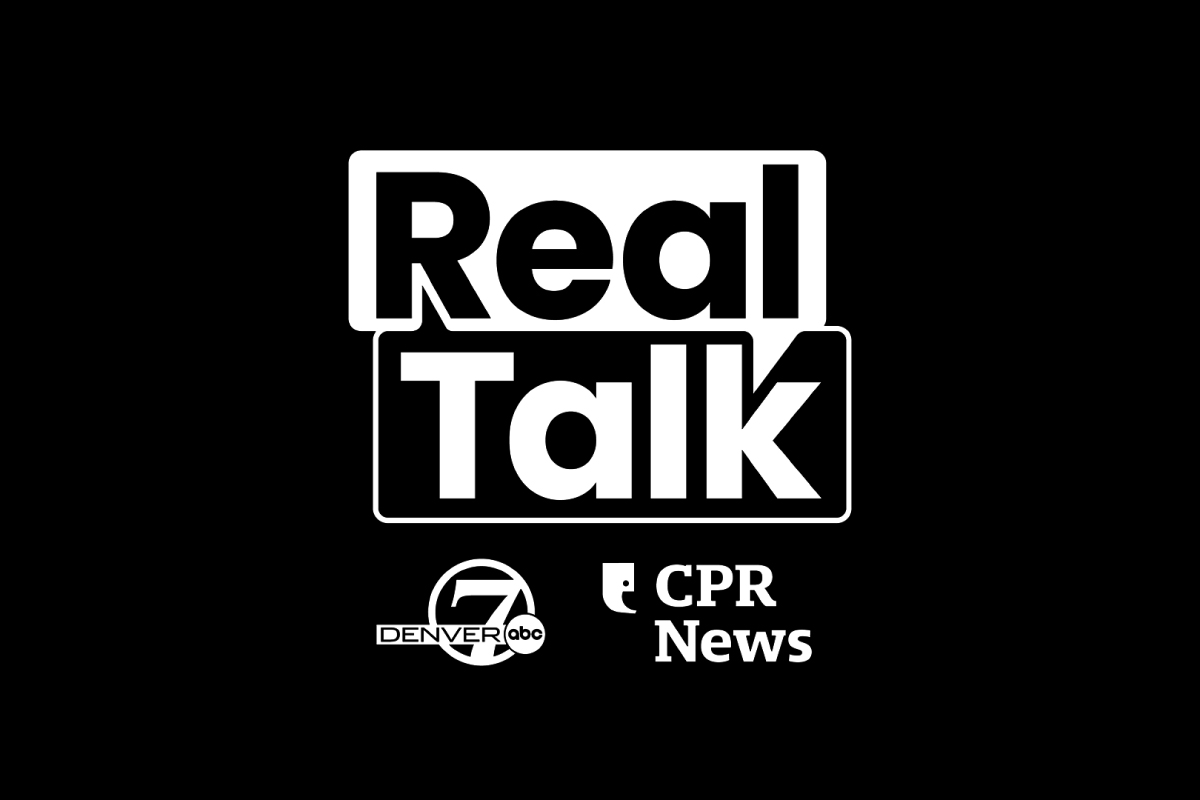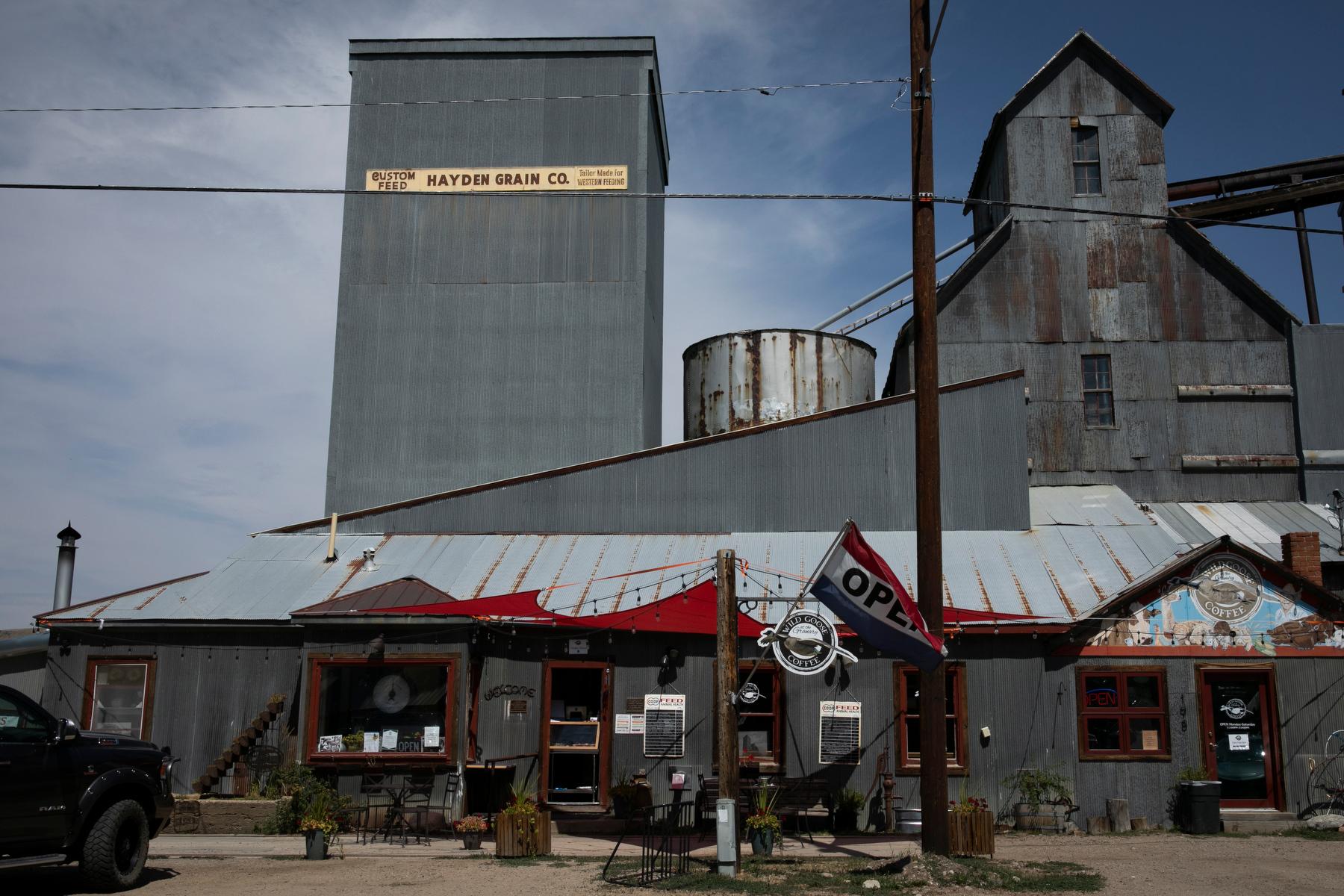
Observing Ramadan in a time of war
Ramadan is a month for celebration, reflection and coming close to God. But this year, the shadow of war looms large.

Artificial Intelligence – the good, the bad and the unknown
Artificial intelligence is on the rise. We already use it every day from GPS systems to smartphone reminders.

New immigrants arrive in Denver — how the city, community and nonprofits are stepping up to help
The arrival of new immigrants has raised many big questions in the metro area — like what to do about housing for them and opportunities to work.

The murals of Colorado – highlighting history and forces for change
Murals create a patchwork of color on walls across Colorado.

Finding love — or actively not — in today’s modern dating world
Love is in the air! And in an ever-changing social landscape, finding love (or not) is evolving.

Denver’s Five Points neighborhood: a thriving cultural touchstone for the city’s Black community
Denver’s Five Points neighborhood is significant for the city’s Black community. From the Rossonian Hotel to Sonny Lawson Park, each street is filled with history.

Building and nurturing support systems for Colorado veterans
Many veterans who step up to fight for our freedom return home to face a slew of struggles, from mental health to homelessness.

When you need it most, cash assistance is a vital lifeline
Living paycheck to paycheck isn’t enough for many Coloradans. Sometimes when times get tough, having extra cash is vital.

Systemic racism and the shadow of slavery in Colorado
From the entrenched KKK in state and local politics, the practice of redlining and the inequities of having property — systemic racism is something the state is still grappling with today.

Making Colorado’s outdoors more accessible
Enjoying Colorado’s snowy terrain can be more difficult for some. We dive deeper into options for folks who are neurodivergent or have physical limitations, from discounted ski passes to climbing groups for those on the autism spectrum.

The pressures of being a teen in Colorado – and how schools are trying to help
Teens face a lot of pressures these days. From homework to TikTok, each has its own challenges. So, what to do?

Colorado autism support in crisis
For those with autism in Colorado, specialized and compassionate care is vital. However, many of the centers tasked with that care are choosing to leave the state. The reason?

Food insecurity in Colorado
For some a hungry stomach is more than just an inconvenience, it’s constant and unyielding. As more people struggle to find food, groups across the state are trying to help.

CDOT says Denver-to-Steamboat train could be years, not decades, away
The train would use existing Union Pacific freight tracks from Denver through the Moffat Tunnel to Winter Park, Steamboat Springs, Hayden and Craig.

Native American heritage and rights
Indigenous people have many ways of demonstrating and celebrating their history, culture and spirituality.

Vision Zero: stemming the tide of pedestrian deaths on Colorado roads
You may have noticed your streets changing with new paint and white posts around dangerous intersections. It’s part of Denver’s plan called Vision Zero. The goal?


